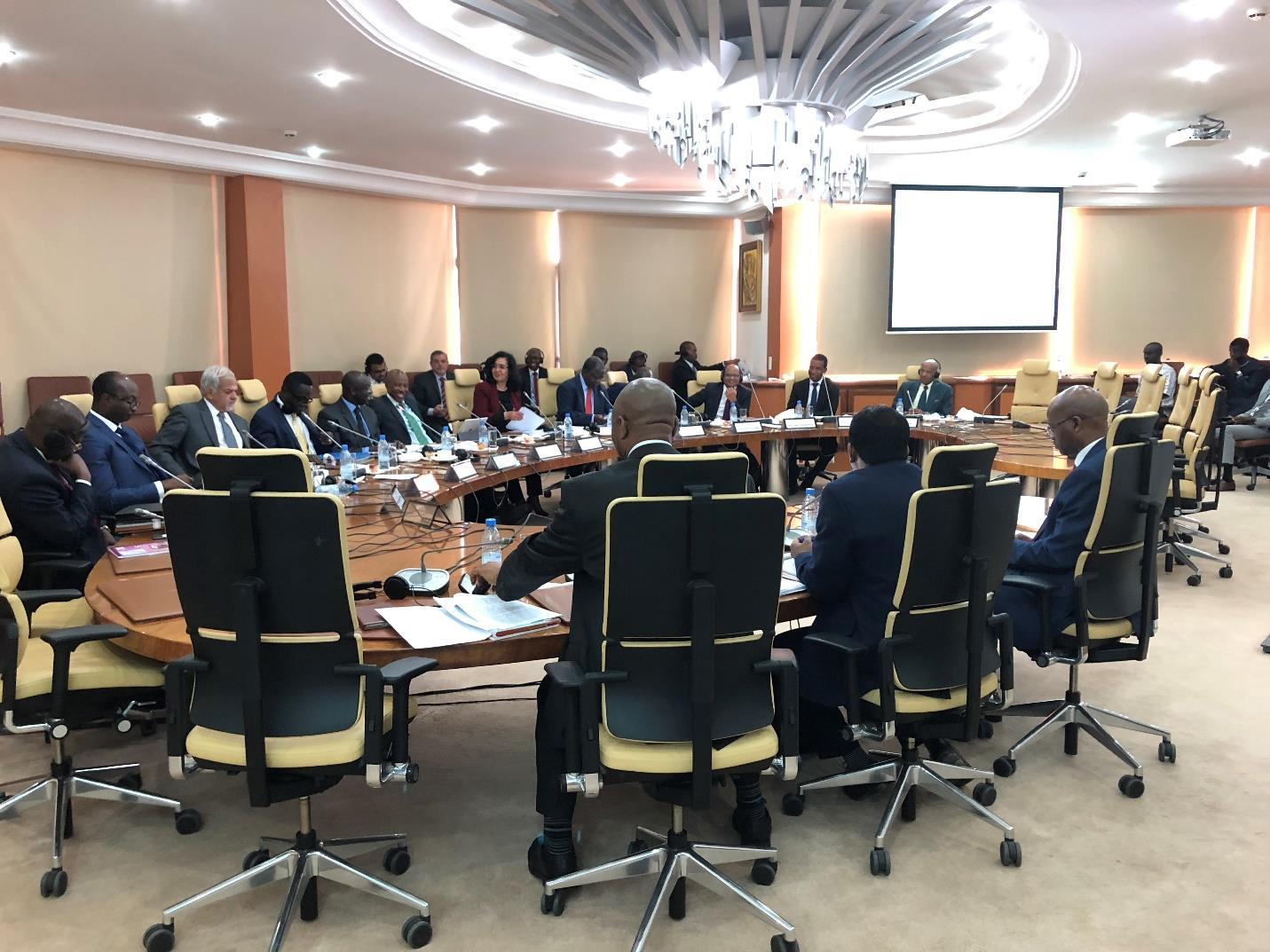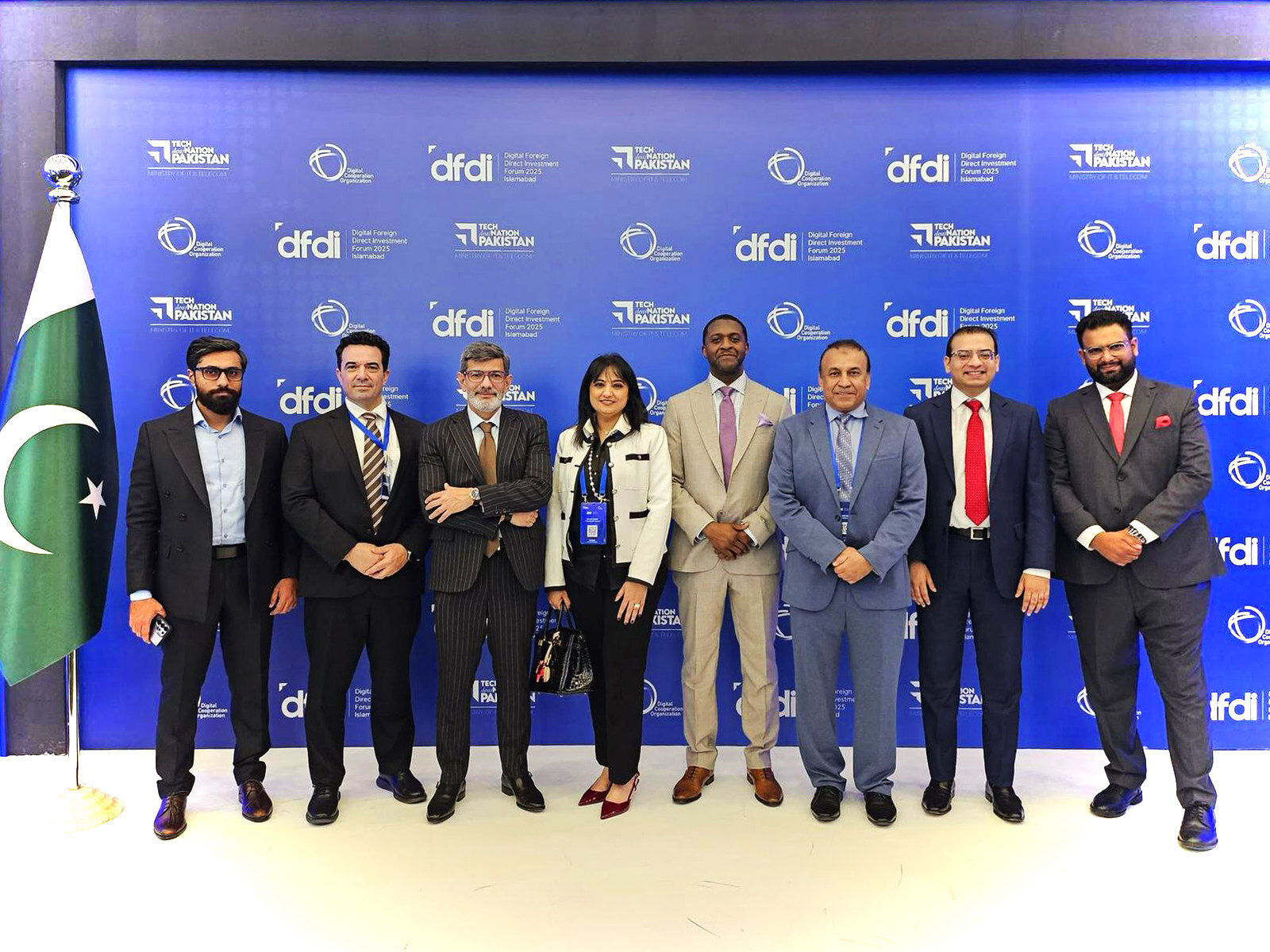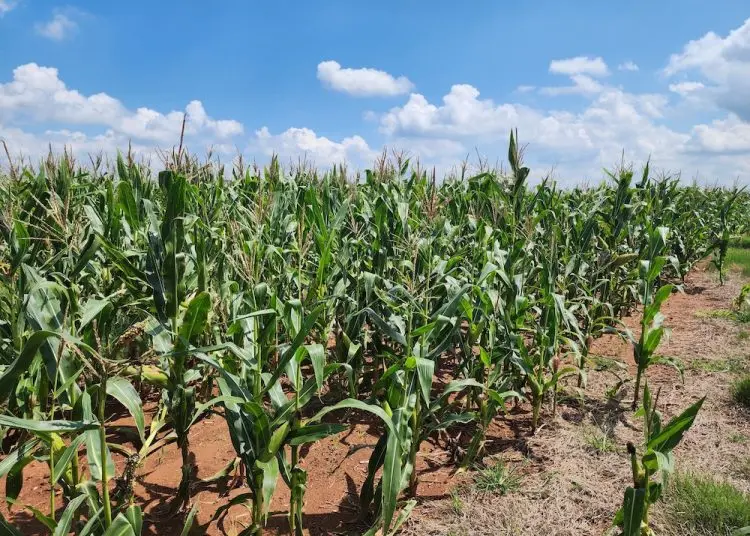In the heart of Africa, where innovation meets necessity, Nigeria stands on the cusp of an AI revolution—not as a passive observer, but as an audacious architect.
With a youthful population exceeding 200 million and a digital economy projected to hit $1 trillion by 2030, the nation is leveraging artificial intelligence to transcend colonial legacies, solve entrenched challenges, and claim technological sovereignty. This isn’t mere hype; it’s a profound recalibration of power, where AI becomes the equalizer in a world skewed by data dominance. As global superpowers hoard algorithms, Nigeria’s visionaries are democratizing them, turning code into catalysts for prosperity. But the path demands unflinching resolve: ethical guardrails, inclusive ecosystems, and unyielding investment.
The Trailblazers: Minds Sculpting Nigeria’s AI Destiny:
At the vanguard are luminaries whose ingenuity bridges local realities with global frontiers. Success Ojo champions AI accessibility and education, empowering underserved communities through tools that demystify technology and amplify voices. Silas Adekunle, the robotics entrepreneur, fuses AI with hardware to revolutionize manufacturing and STEM education, proving that African innovation can outpace Western blueprints. Adebayo Alonge pioneers AI in healthcare, deploying predictive models to combat diseases in resource-scarce settings, saving lives where infrastructure falters.
Governmental stewards amplify this momentum. Dr. Bosun Tijani, Minister of Communications, Innovation, and Digital Economy, has orchestrated the National AI Strategy (NAIS), a blueprint co-crafted with global experts to propel ethical AI adoption.His partnerships, including a ₦2.8 billion Google grant for AI training and a $7.5 million Gates Foundation infusion for an AI Scaling Hub, underscore a commitment to sectors like agriculture and health. Predecessor Prof. Isa Ali Ibrahim (Pantami) laid foundational stones, launching Africa’s first National Centre for Artificial Intelligence and Robotics in 2020—a hub that’s trained millions in digital skills. Kashifu Inuwa Abdullahi, NITDA Director-General, rallies for “co-intelligence,” urging Africa to lead AI through inclusive innovation, not mimicry.
Diaspora dynamos like Prof. Kunle Olukotun, the multicore processor pioneer, infuse global expertise into local strategies, advocating for AI democratization. Dr. Olusola Ayoola, CEO of Robotics and AI Nigeria, draws on China’s AI playbook to accelerate digital transformation,
emphasizing AI-native shifts for economic leaps. These figures aren’t isolated geniuses; they’re nodes in a network, from startups like Awarri Technologies building indigenous language models to collectives like the Nigeria AI Collective fostering ethical deployment.
The Momentum: From Strategy to Surge
Nigeria’s AI ascent is kinetic. The NAIS, unveiled in April 2025, rests on five pillars: robust infrastructure, world-class ecosystems, talent cultivation, policy frameworks, and widespread adoption.
Initiatives like the 3 Million Technical Talent (3MTT) program equip youth with AI skills, while events such as InnovateAI Lagos 2025 and GITEX Nigeria convene global minds to showcase Africa-first solutions. President Bola Tinubu’s pledge to lead AI in Africa, bolstered by Google collaborations on cloud infrastructure and innovation hubs, positions Nigeria as a continental beacon.
In agriculture, AI slashes post-harvest losses by 70% through predictive analytics; in fintech, it democratizes credit for millions; in healthcare, it bridges rural gaps with diagnostic tools. Yet, this revolution is human-centric: principles of transparency, data ethics, and inclusivity ensure AI serves society, not subjugates it.
The Crucible: Challenges and the Imperative Path Ahead
Profundity lies in confronting shadows. Nigeria ranks 94th in AI readiness, scoring 43.33, hampered by a 37.7 talent score and fragile infrastructure—only 13 data centers amid energy woes. Skills gaps exacerbate inequality; regulatory voids risk ethical lapses. SMEs brim with enthusiasm but falter on awareness and readiness.
The way forward demands audacity: Massive energy upgrades to power AI clusters, inspired by China’s grid prowess. Tax incentives for private investment, diaspora engagement via platforms like Diaspora Connect, and curricula integrating AI from primary levels. Foster public-private synergies, enforce data sovereignty, and prioritize sectors where AI yields exponential returns—agriculture for food security, education for empowerment.
This isn’t incrementalism; it’s a renaissance. By 2030, AI could add $15.7 billion to Nigeria’s GDP, but only if we wield it as a tool of liberation, not exploitation. The revolution hinges on collective will: visionaries leading, policies enabling, citizens embracing.
In Nigeria’s AI odyssey, we glimpse a universal truth—technology, when forged in equity, doesn’t just advance nations; it redeems humanity. The giant awakens; the world must reckon.




